Dua Lipa And Sir Ian McKellen Lead Celebrity Plea Against AI's Threat To Copyright In The UK

Table of Contents
The Core Concerns of the Celebrity Plea
Dua Lipa, Sir Ian McKellen, and other prominent creatives have voiced serious concerns regarding the impact of AI on their work and the wider creative landscape. Their plea centers on several key anxieties:
-
Loss of income due to unauthorized use of their work in AI training datasets: Generative AI models are trained on vast datasets, often including copyrighted material without the artists' permission or compensation. This unauthorized use directly undermines artists' ability to earn a living from their creations. The scale of this issue is significant, impacting not only established artists like Dua Lipa, but also countless emerging talents whose work is similarly exploited.
-
Erosion of artistic control and ownership: AI-generated content blurs the lines of authorship and ownership. Artists fear losing control over their creative work and the ability to prevent its unauthorized reproduction and modification. This loss of control directly impacts the artist's creative vision and artistic integrity.
-
Difficulty in identifying and pursuing legal action against AI copyright infringement: Identifying the source of AI-generated copyright infringement is incredibly challenging. The complex nature of AI algorithms makes it difficult to trace the origin of infringing content and to hold the responsible parties accountable. This lack of clarity makes legal recourse complex and expensive, often discouraging artists from pursuing action.
-
Fear of AI-generated content replacing human creativity: There's a widespread concern that AI-generated content could eventually replace the need for human artists, leading to job losses and a decline in original, human-driven creative expression. This fear highlights the potential for a significant cultural and economic shift.
-
The call for stronger legal frameworks to protect artists’ intellectual property: The core message of the celebrity plea is a demand for updated UK copyright law to explicitly address the unique challenges posed by AI. This includes clearer definitions of authorship, robust mechanisms for redress, and effective deterrents against copyright infringement.
Current UK Copyright Law and its Limitations Regarding AI
Current UK copyright law, primarily governed by the Copyright, Designs and Patents Act 1988, struggles to adequately address the complexities of AI-generated content. Key limitations include:
-
Definition of authorship and ownership: The current legal framework primarily focuses on human authorship. Determining authorship and ownership when AI is involved is problematic, especially with generative models that learn from and combine elements from numerous sources.
-
Proving infringement: Establishing copyright infringement in cases involving AI is difficult. Tracing the origin of AI-generated content and proving intentional infringement can be extremely challenging, particularly with decentralized and opaque AI systems.
-
Limitations of existing legal mechanisms: Existing legal mechanisms are ill-equipped to handle the scale and speed at which AI-generated content is produced and disseminated. The current legal processes are often slow, expensive, and ultimately ineffective against the rapid proliferation of AI-generated works.
-
Exploitable loopholes: The ambiguity in current legislation creates loopholes that AI developers could potentially exploit. The lack of clarity around the legal responsibilities of AI developers and platform providers creates a legal grey area ripe for exploitation.
Proposed Solutions and Calls for Legislative Reform
Addressing the challenges posed by AI to copyright requires a multi-faceted approach involving legislative reform, technological solutions, and increased public awareness. Proposed solutions include:
-
Amending UK copyright law: Specific amendments are needed to clarify the definition of authorship in the context of AI, establish clear liability frameworks for AI developers and users, and create effective mechanisms for compensating artists whose work is used in AI training datasets.
-
Compensation mechanisms: Exploring different models for compensating artists whose work is used to train AI models, including collective licensing schemes or compulsory licensing fees. This will ensure fair compensation for the exploitation of their creative work.
-
Technological solutions: Employing technologies like watermarking and blockchain to track and verify the origin of digital assets and protect copyrighted material. These technologies can provide crucial evidence in copyright infringement cases.
-
Public awareness and education: Raising awareness among both artists and the public about the implications of AI on copyright and the importance of supporting artists' rights. This education will empower artists to protect their work and push for better legislative protection.
The Wider Impact on the UK Creative Industries
The unchecked use of AI in the creative industries poses significant long-term economic and cultural consequences for the UK:
-
Impact on employment: The potential for AI to replace human artists poses a serious threat to employment within the creative sector, impacting livelihoods and potentially leading to a decline in artistic diversity.
-
Loss of cultural diversity and originality: Over-reliance on AI-generated content could lead to a homogenization of creative output, diminishing cultural diversity and originality. The uniqueness and human touch intrinsic to artistic expression would be eroded.
-
Economic implications: The UK's creative industries are a major contributor to the economy. Failure to address the challenges of AI copyright could result in significant economic losses and damage the UK's global competitiveness in the creative sector.
Conclusion
The celebrity plea spearheaded by Dua Lipa and Sir Ian McKellen highlights a critical issue: the urgent need for legislative action to protect artists' rights against the threats posed by AI. Their concerns, echoing those of countless artists across the UK, underscore the far-reaching implications for the creative industries and the national economy. The current legal framework is insufficient to address the unique challenges presented by AI-generated content. We must act now to safeguard the future of UK creativity.
We urge readers to stay informed about the issue of AI copyright, support artists' rights, and contact their MPs to advocate for robust legal reforms. The time for action is now; let's protect our artists and the vibrant creative landscape of the UK from the misuse of AI and the threat of AI copyright infringement.

Featured Posts
-
 Nmmc Launches Aala Unhala Niyam Pala A Summer Heatwave Advisory For Navi Mumbai
May 13, 2025
Nmmc Launches Aala Unhala Niyam Pala A Summer Heatwave Advisory For Navi Mumbai
May 13, 2025 -
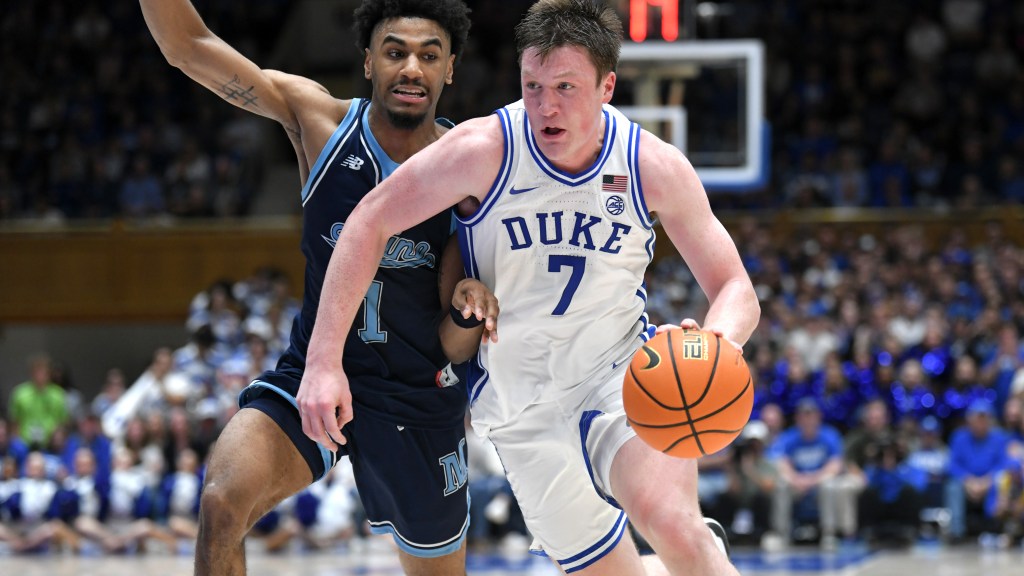 Could Cooper Flagg Be A Chicago Bull Nba Draft Lottery Odds
May 13, 2025
Could Cooper Flagg Be A Chicago Bull Nba Draft Lottery Odds
May 13, 2025 -
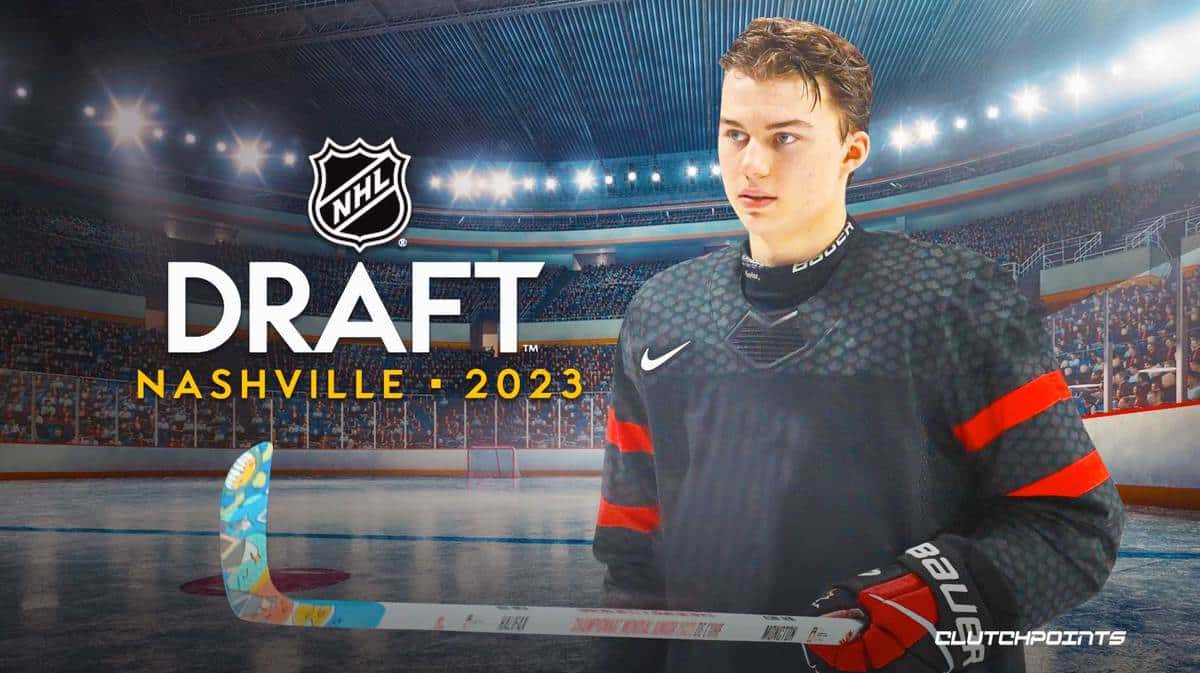 New Format For Nhl Draft Lottery Live Drawing From Studio
May 13, 2025
New Format For Nhl Draft Lottery Live Drawing From Studio
May 13, 2025 -
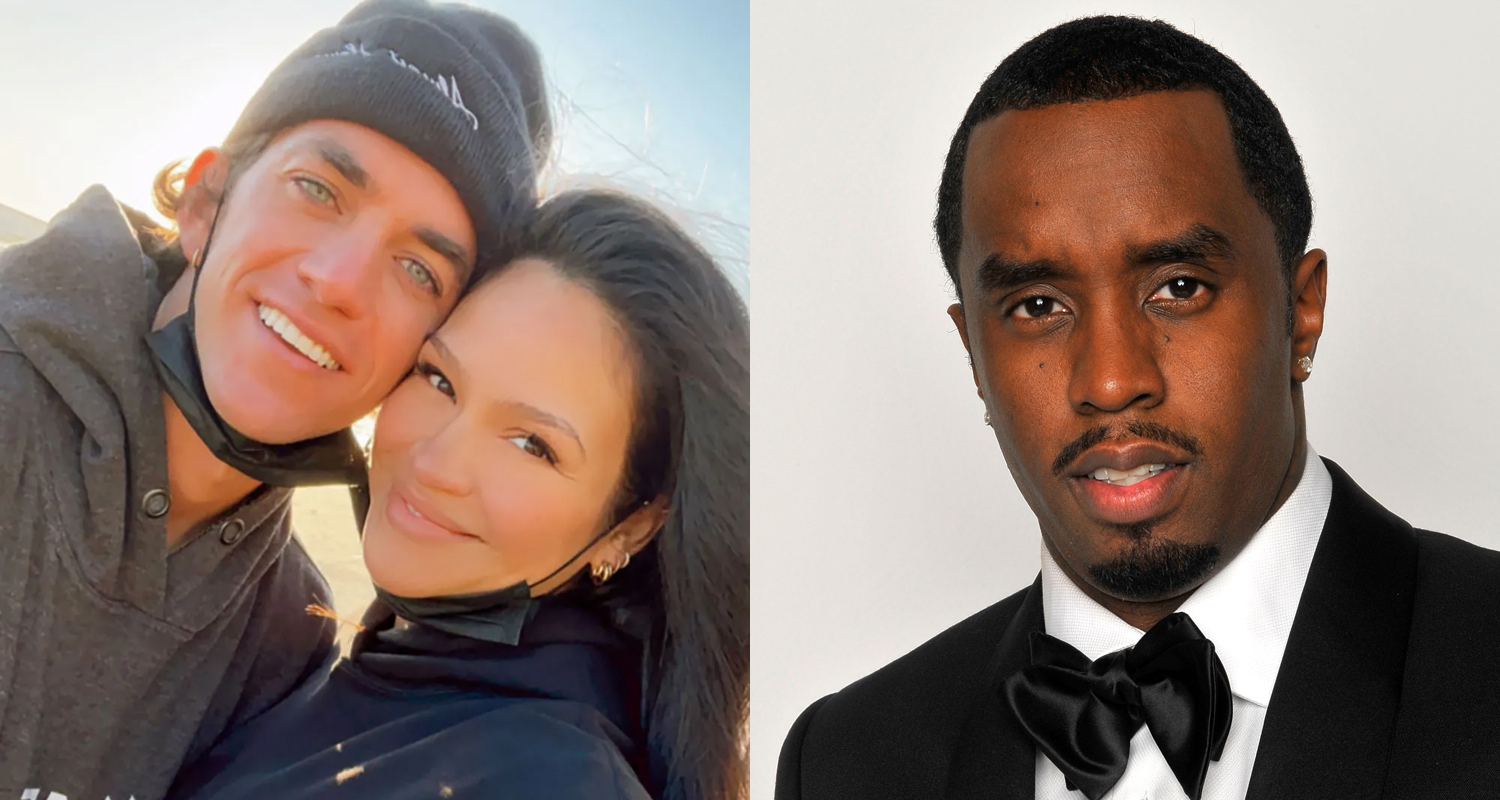 Diddy Sex Trafficking Trial Cassies Husband Alex Fine Offers Support
May 13, 2025
Diddy Sex Trafficking Trial Cassies Husband Alex Fine Offers Support
May 13, 2025 -
 I Need Elsbeth Season 2 Resolving The Judge Crawford Mystery Before Years End
May 13, 2025
I Need Elsbeth Season 2 Resolving The Judge Crawford Mystery Before Years End
May 13, 2025
Latest Posts
-
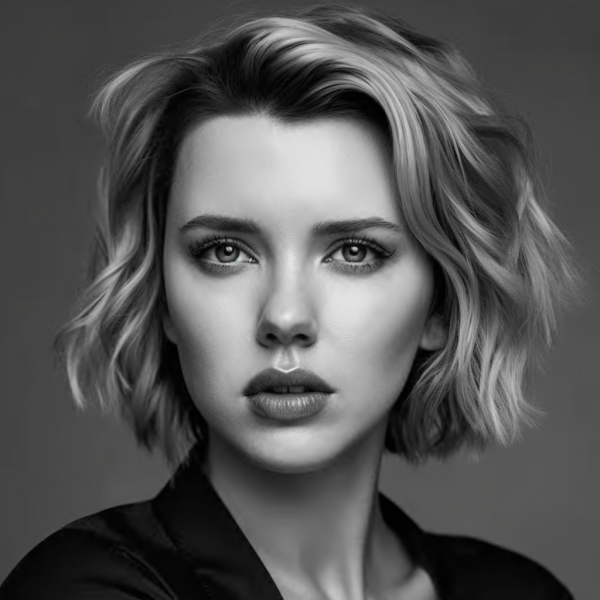 Arrest Made Man Threatens To Bomb Saturday Night Live Allegedly Targeting Scarlett Johansson
May 13, 2025
Arrest Made Man Threatens To Bomb Saturday Night Live Allegedly Targeting Scarlett Johansson
May 13, 2025 -
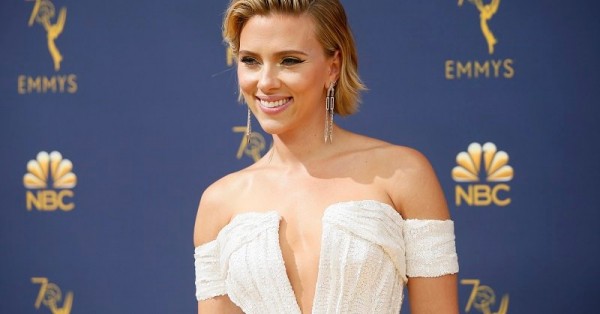 I Skarlet Gioxanson Apoxaireta Tin Black Widow
May 13, 2025
I Skarlet Gioxanson Apoxaireta Tin Black Widow
May 13, 2025 -
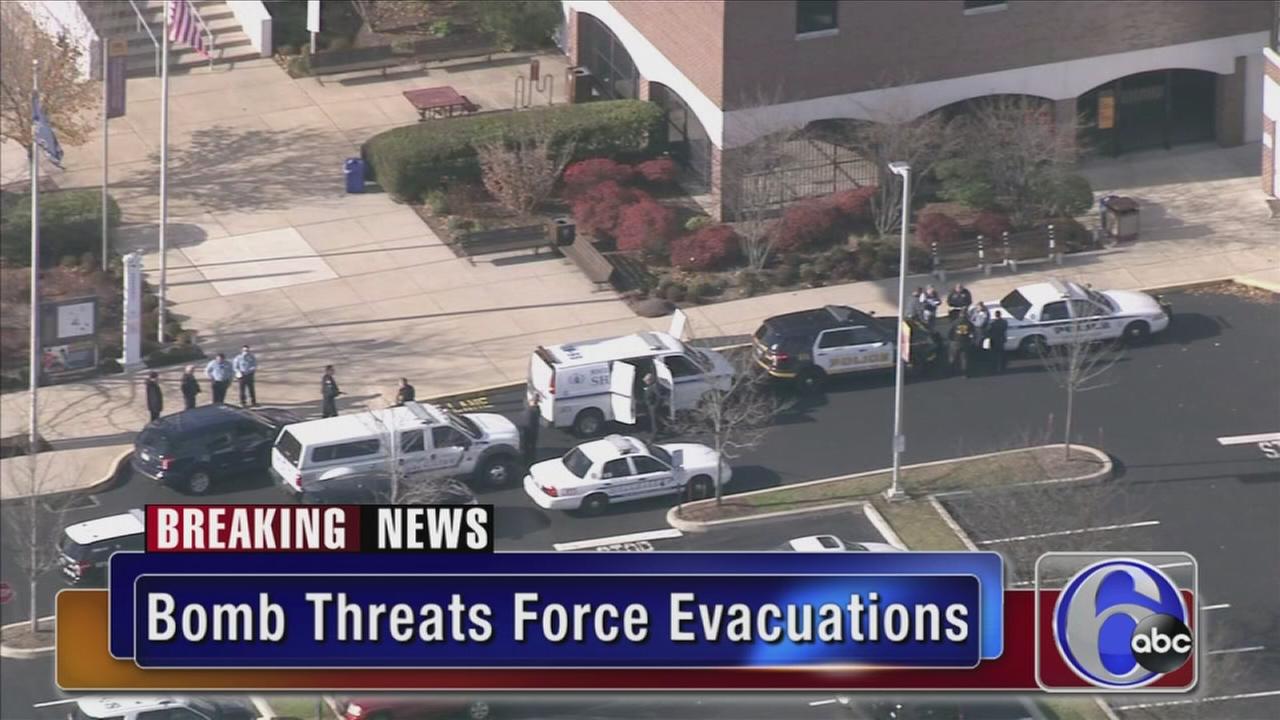 Scarlett Johansson Stalker Arrested After Bomb Threat To Saturday Night Live
May 13, 2025
Scarlett Johansson Stalker Arrested After Bomb Threat To Saturday Night Live
May 13, 2025 -
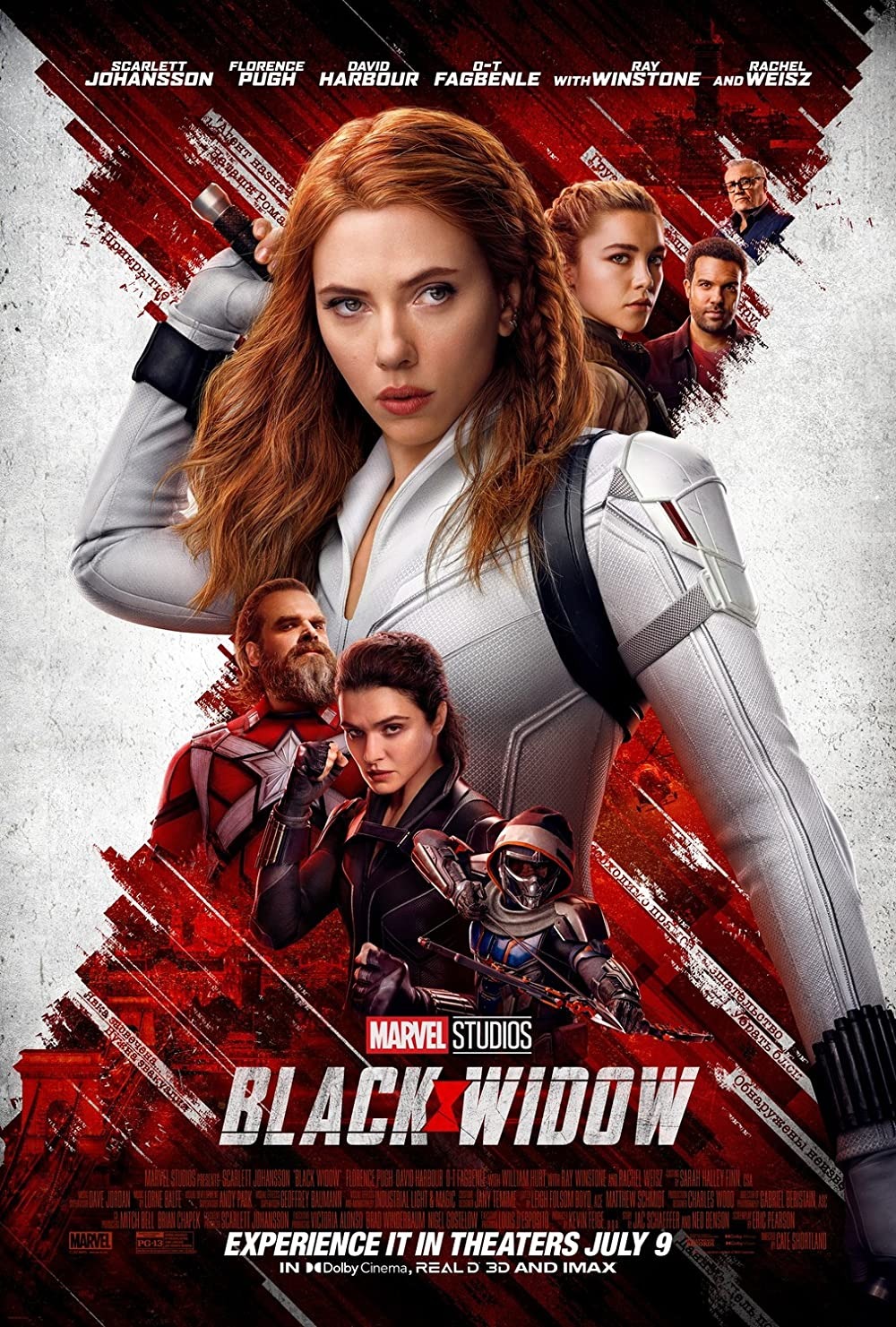 Black Widow I Skarlet Gioxanson Kai To Oristiko Antio
May 13, 2025
Black Widow I Skarlet Gioxanson Kai To Oristiko Antio
May 13, 2025 -
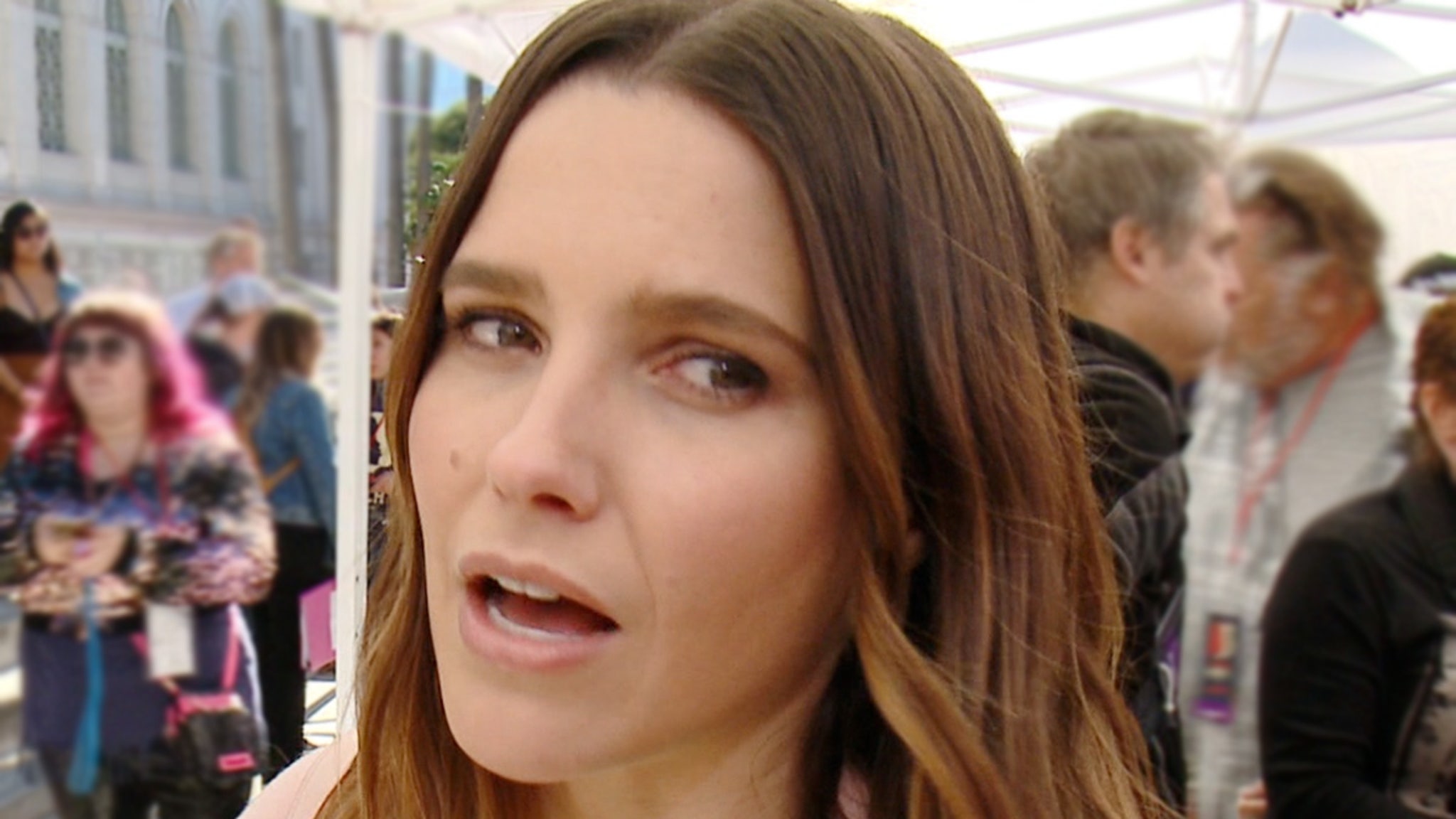 Alleged Stalker Arrested Bomb Threat Against Saturday Night Live Targeting Scarlett Johansson
May 13, 2025
Alleged Stalker Arrested Bomb Threat Against Saturday Night Live Targeting Scarlett Johansson
May 13, 2025
